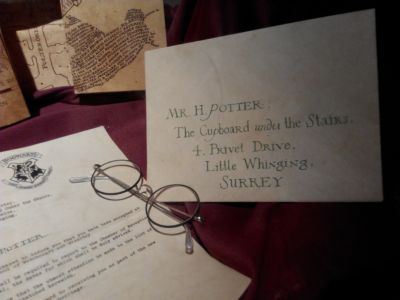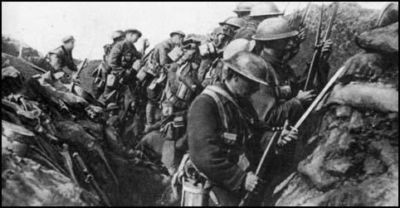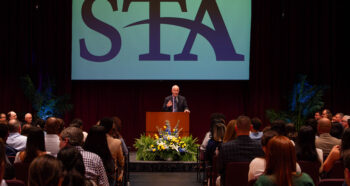My parents always stressed the importance of reading since they believed it was the best way to learn a language. As I am a single child, I was often bored, and reading would allow me to go on adventures from the comfort of my living room.
When I was about eight years old, my dad suggested I read ‘Angels and Demons’ by Dan Brown. So I did…and I was absolutely terrified afterwards. In spite of that, I remember being in awe of how the plot was so intricately woven together, and how all the small details contributed to creating a thrilling novel I simply could not put down.

I didn’t read the Harry Potter series until I was 11, mostly because it was always loaned out of the school library. After reading ‘Harry Potter and the Philosopher’s stone’, I thoroughly understood why the series is so beloved worldwide.
Not only does JK Rowling’s attention to detail create vivid images of the wizarding world that bring the books to life, the gripping stories also impart valuable messages about friendship, courage, and loss.

I think the main benefit of reading is how much you learn without even being aware of it. In particular, learning new vocabulary, expressions and ways to elaborate on a point has taught me how to put my thoughts into words and structure them on a piece of paper.
It was compulsory to take IGCSE World Literature at the King George V School where I am still a student. However, I’m really glad I did, because it introduced me to a variety of texts from a range of countries and time periods, and I found learning about the different cultures quite intriguing.
Fifty percent of the grade for the course came from completing coursework, which consisted of three parts. The first was an empathic task where we had to write in the voice of one of the characters from the short story we were studying at the time, ‘The People Before’, by Maurice Shadbolt.
Then, we had to write a critical essay comparing two poems out of several studied in class. For our class, the poems were all centred around the theme of conflict, such as ‘Kamikaze’ by Beatrice Garland and ‘Bayonet Charge’ by Ted Hughes.

Finally, there was an oral component where we would have to talk about a character or theme from the book we would be writing about in Paper 3 (for our school, ‘A Doll’s House’ by Henrik Ibsen) and be prepared to answer any follow-up questions.
I already knew my (pre-moderated) coursework score going into the exam, so I wasn’t too worried about doing badly. But scoring the highest mark in Hong Kong came as a complete shock to me though, as I thought I had managed my time poorly when sitting the two papers.
I would recommend IGCSE World Literature to other students. Even if you aren’t particularly interested in literature, you can still develop skills from the course that are applicable to a variety of other subjects such as analytical reasoning, presenting arguments clearly, and writing under pressure.





